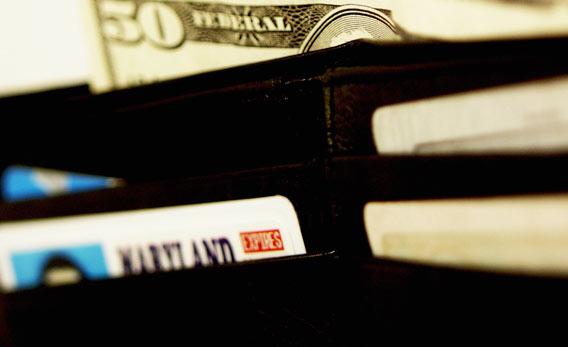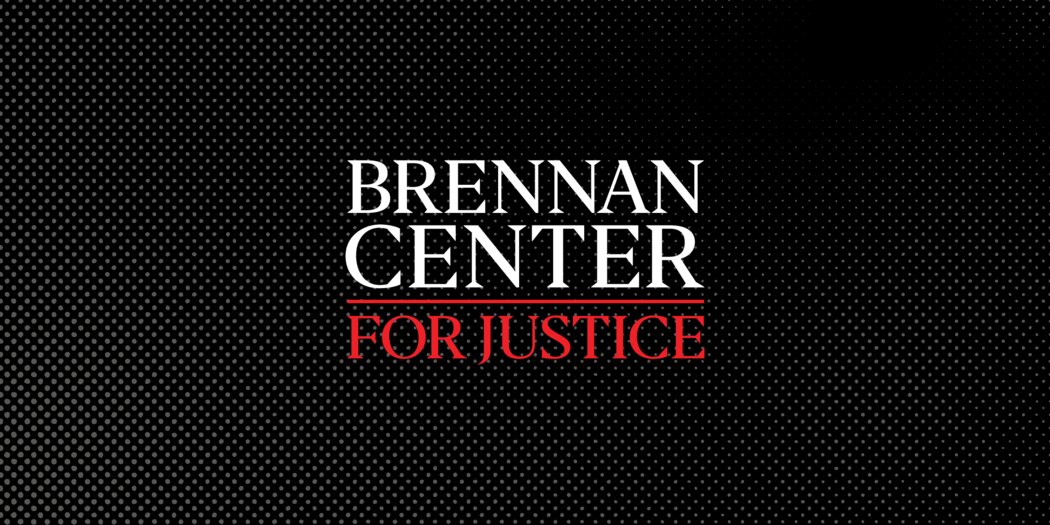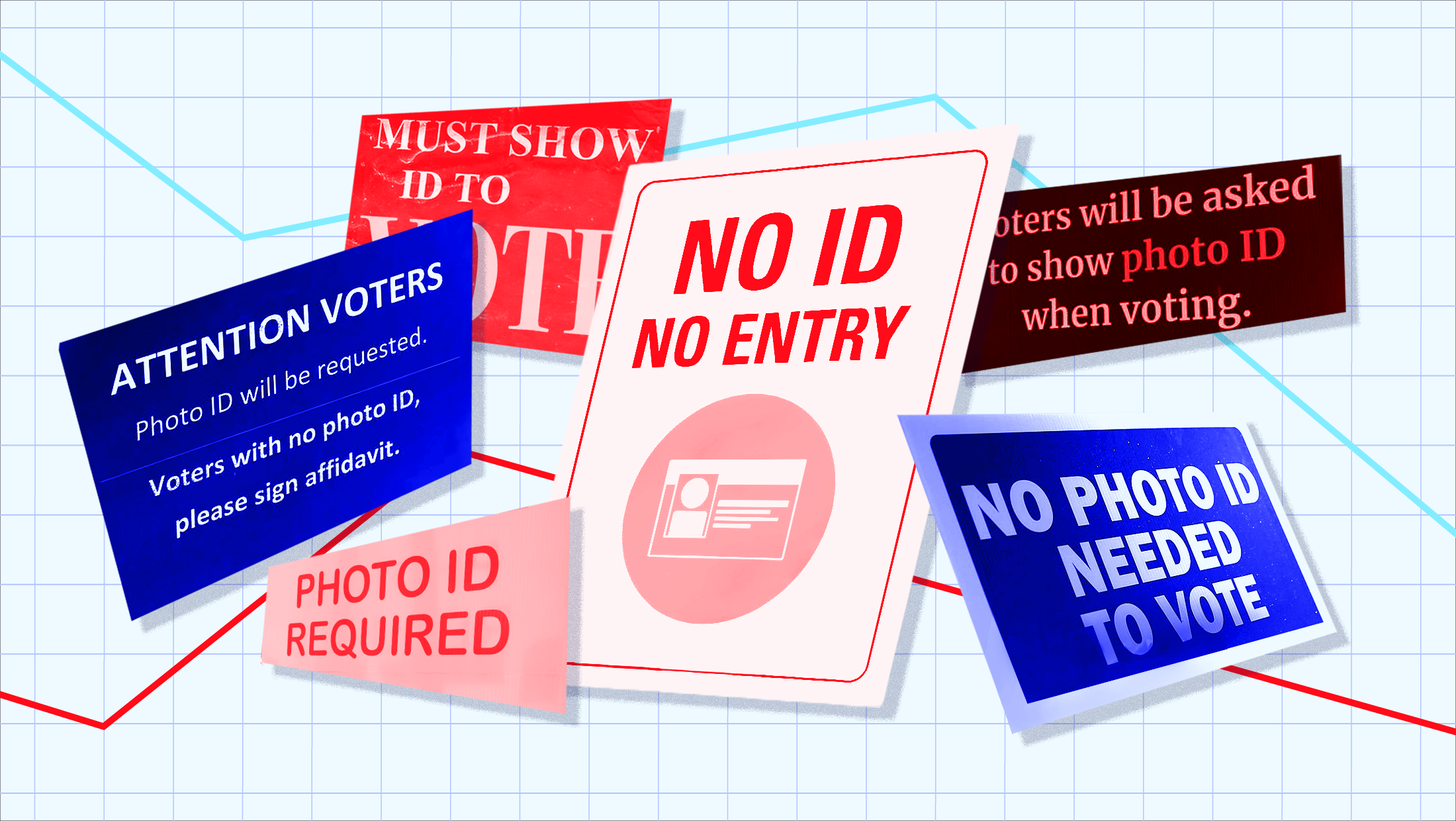cyndaquil
Lv 100 Bold natured
never been in favor of stacking the Court, vote better

never been in favor of stacking the Court, vote better

we literally have a supreme court that is stacked to reject any reparations to any group, it's not happening unless a democrat can expand the court.
 and before you rebuttal Brandon Johnson raided govt covid funds to funnel to the illegals in chicago Without ANY OVERSIGHT....
and before you rebuttal Brandon Johnson raided govt covid funds to funnel to the illegals in chicago Without ANY OVERSIGHT.... so miss us with that congress bullshyt.
so miss us with that congress bullshyt.This is literally one of the worst takes I've ever heard on here.Ok and people act like the govt can't give black folks money UNDER the table...and before you rebuttal Brandon Johnson raided govt covid funds to funnel to the illegals in chicago Without ANY OVERSIGHT....
so miss us with that congress bullshyt.

This is literally one of the worst takes I've ever heard on here.
UNDER the TABLE? The federal government IS THE TABLE breh.
So they supposed to give reparations while hiding it from themselves?!
 better do something like they go all out for them immigrants they can do it for us. That's the whole point.
better do something like they go all out for them immigrants they can do it for us. That's the whole point.never been in favor of stacking the Court, vote better
9 justices...no, the courts need to be expanded because 6 justices do not represent the current population size.
right now...divided evenly each judge represent 50M....does that sound right to you?
Thecoli got a lot of dumb nikkas who would never talk politics but now talk politics because of Tariq and his half baked ideasThis is literally one of the worst takes I've ever heard on here.
UNDER the TABLE? The federal government IS THE TABLE breh.
So they supposed to give reparations while hiding it from themselves?!
my bad...dyslexia kicked in9 justices...
there are gazillion legislative bodies for it gets to a judge, by the time it gets to judge, its too late.

Thecoli got a lot of dumb nikkas who would never talk politics but now talk politics because of Tariq and his half baked ideas
 who's side are YOU on???
who's side are YOU on???How?Biden about to get the Clubber Lang ass whippin in slo mo.......
Noooooooooooo
He's a Tariq sycophant.I assume you aren't voting. what are you accomplishing?
although you used the word "shills" thats some MAGA shyt. you may be sus.
Despite all of the evidence, he still believe this nonsense. He's only here to deceive, like his daddy Tariq.Black people are not negatively effected by voter id laws. The only people effected are people that can't get id.
He's a Tariq sycophant.
Despite all of the evidence, he still believe this nonsense. He's only here to deceive, like his daddy Tariq.
He's even in this thread using Heritage Foundation talking points (lies).

That does NOT dispel the FACT that the only purpose of Republican Voter ID laws is to disenfranchise Black voters.
Strict ID Laws Don’t Stop Voters: Evidence from a U.S. Nationwide Panel, 2008–2018
Founded in 1920, the NBER is a private, non-profit, non-partisan organization dedicated to conducting economic research and to disseminating research findings among academics, public policy makers, and business professionals.www.nber.org
Doesn't stop us because we have identification. Not hard to get, and I grew up without much money. Always had an id. Run along, weirdo.


 theconversation.com
theconversation.com

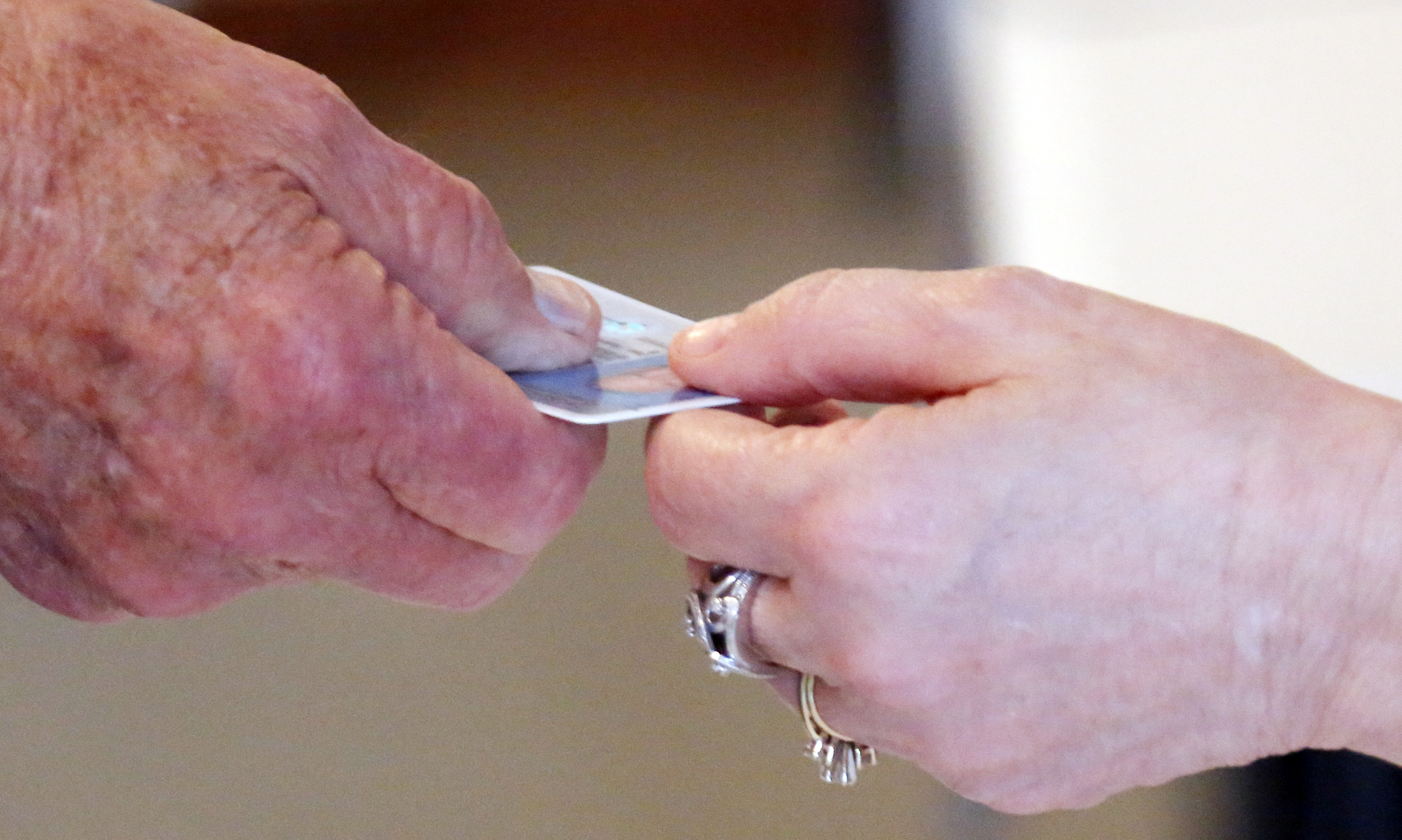
Who Is Impacted by Voter ID Laws?
Laws that require photo ID at the polls vary, but the strictest laws limit the forms of acceptable documentation to only a handful of cards. For example, in Texas, voters must show one of seven forms of state or federal-issue photo ID, with a valid expiration date: a driver’s license, a personal ID card issued by the state, a concealed handgun license, a military ID, citizenship certificate or a passport. The name on the ID must exactly match the one on the voter rolls.
African-Americans and Latinos are more likely to lack one of these qualifying IDs, according to several estimates. Even when the state offers a free photo ID, these voters, who are disproportionately low-income, may not be able to procure the underlying documents, such as a birth certificate, to obtain one.
In Texas, for example, challengers to the law cited an African-American grandmother who could not afford the $25 to purchase her birth certificate to get an ID, and an elderly African-American veteran and longtime voter who was turned away at the polls in 2013 despite having three types of ID, because none qualified under the new law.
And new research from the Government Accountability Office, an independent agency that prepares reports for members of Congress, suggests that voter ID laws are having an impact at the polls. Turnout dropped among both young people and African-Americans in Kansas and Tennessee after new voter ID requirements took effect in 2012, the study found.
Six of the 16 states that have passed voter ID laws since 2010 have a documented history of discriminating against minority voters. All but one of those states’ laws were put in place after the Supreme Court overturned a key provision of the Voting Rights Act that required them to seek approval from the Justice Department for any voting-law changes.
Courts have so far blocked three ID laws. A state judge struck down Pennsylvania’s law earlier this year, determining that it discriminated against low-income and minority voters. Two weeks ago, the U.S. Supreme Court blocked Wisconsin’s from taking effect for this election, and last week, a state court declared Arkansas’ voter ID law unconstitutional. Lawsuits are currently pending against similar laws in North Carolina and Alabama, though they won’t be decided before the November elections.
Voter ID laws have all been sponsored by Republicans and passed overwhelmingly by Republican legislatures. A conservative U.S. circuit judge, Richard Posner, in a recent scathing critique of these laws, calling the expressed concern about fraud a “a mere fig leaf” and that they instead “appear to be aimed at limiting voting by minorities, particularly blacks.”
“There is only one motivation for imposing burdens on voting that are ostensibly designed to discourage voter-impersonation fraud,” Posner wrote, “…and that is to discourage voting by persons likely to vote against the party responsible for imposing the burdens.”
Obenshain, the Virginia senator, said his law wasn’t about keeping voters from the polls. “There’s only one class of people who are going to be discouraged from voting, and that’s fraudulent voters.”
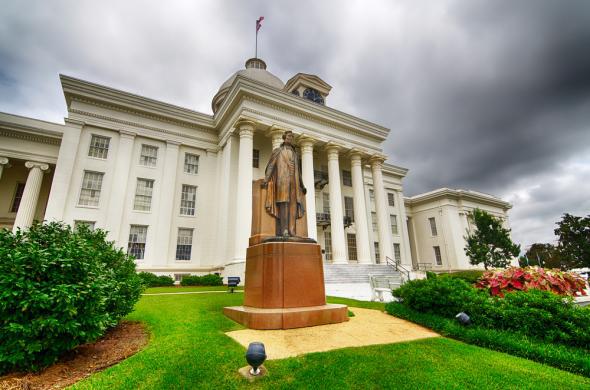

 stateline.org
stateline.org

